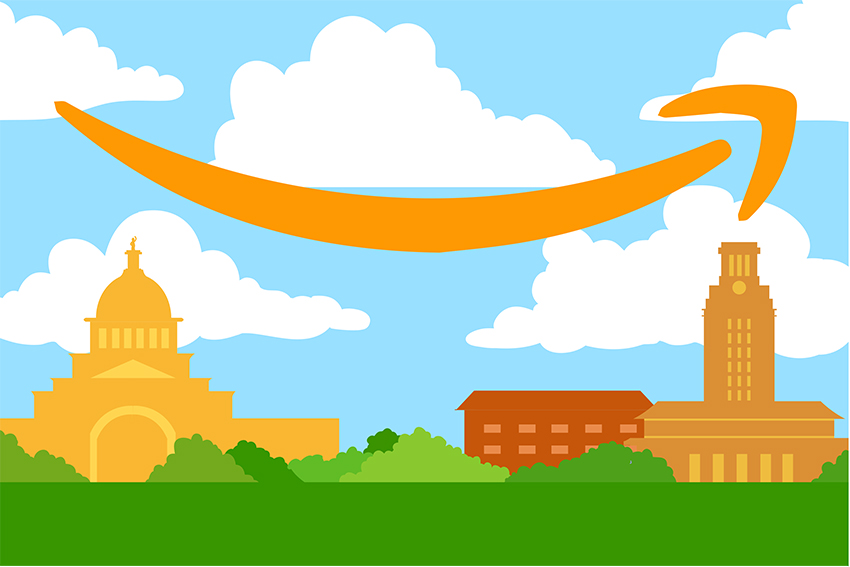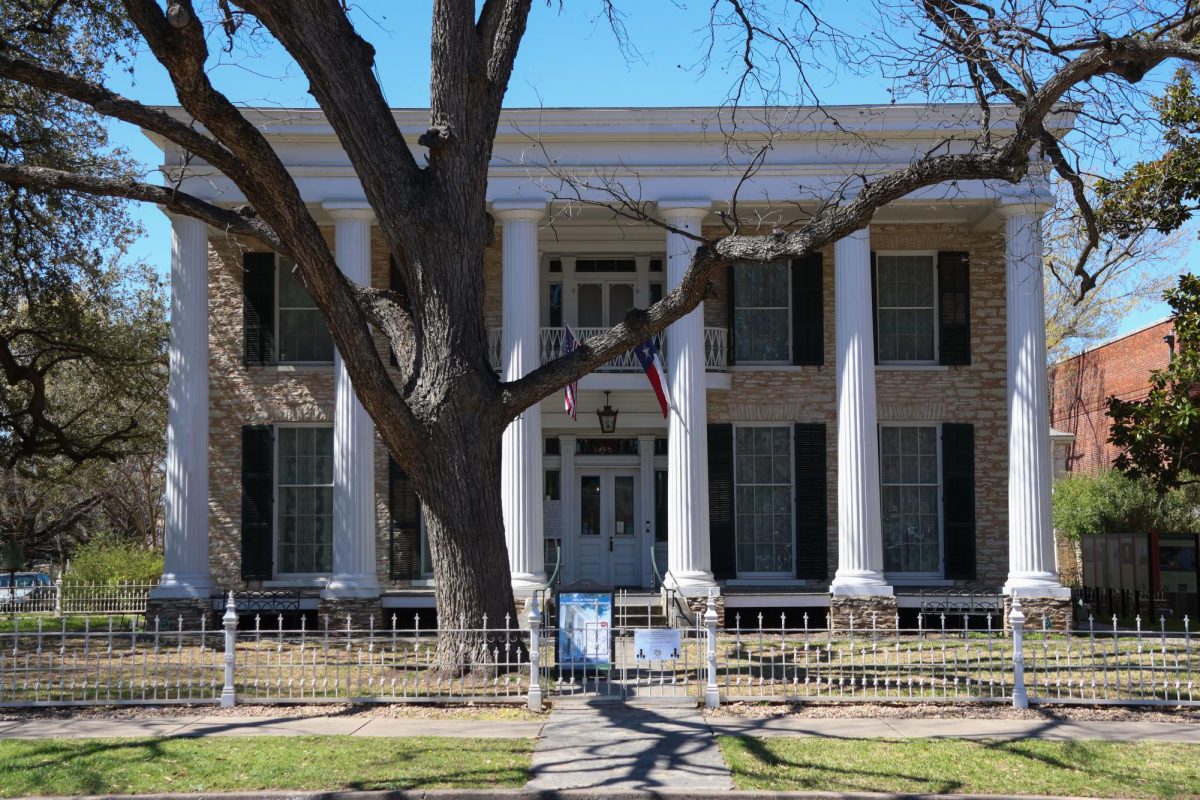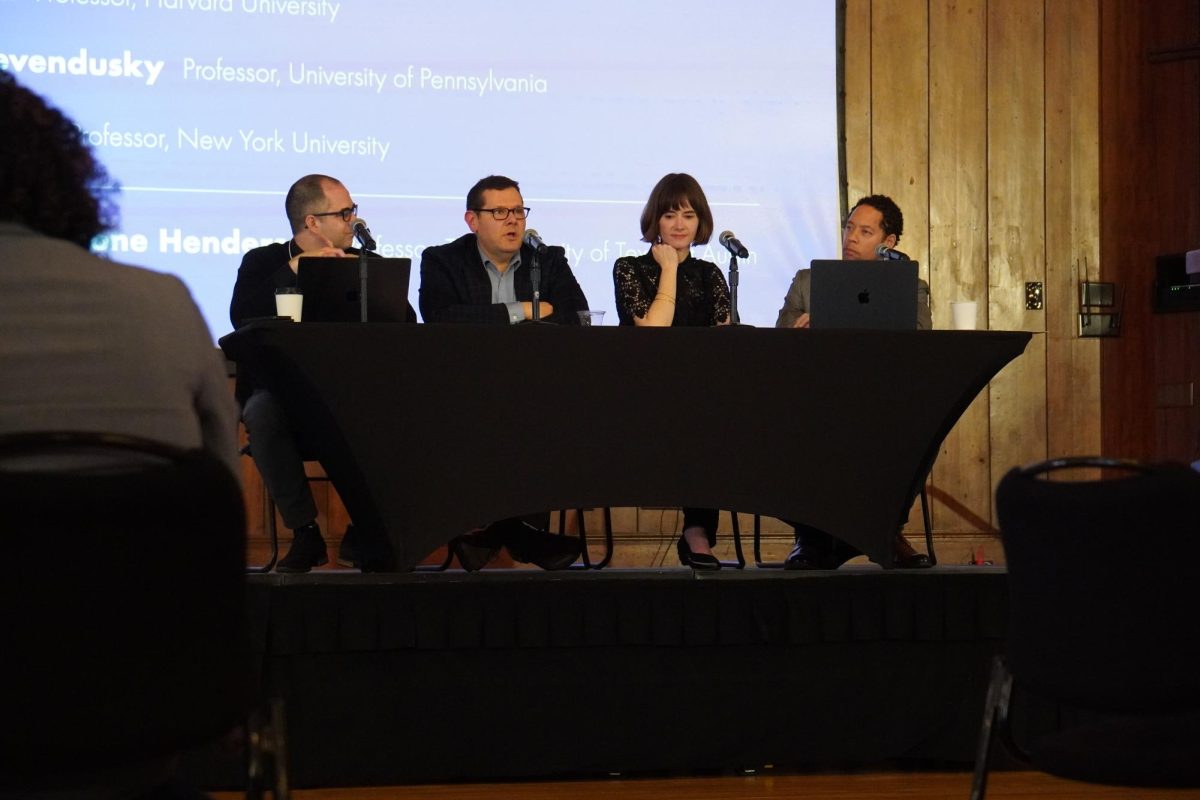With Amazon on the hunt for its second North American headquarters, the company promises to bring a big name, big research and big jobs to the city it chooses — and with Austin in the running, it might mean some changes for UT.
If Amazon were to establish a base in Austin, it would bring with it increased job opportunities for students and faculty as well as increased status for the city as a tech community, according to UT business and technology experts. However, although the company may come bearing gifts, it might also bring with it higher living cots and increased competition. Everything may be bigger in Texas, but some experts said Amazon might be a little too big for Austin.
Prabhudev Konana is the academic director for the Master of Science in Business Analytics program at UT. He said for any large company in a major city, the schools in the area benefit from its economic impacts and the companies benefit in turn from the schools’ resources.
“Amazon is one of the largest and fastest-growing (companies),” Konana said. “There’s going to be an entire ecosystem that is going to develop around it. Hopefully our students can work with Amazon, and Amazon is going to come to UT for talent and expertise.”
Amazon announced its intentions to establish a new headquarters in September and promised to bring up to 50,000 jobs to the surrounding areas, according to The New York Times. Austin and cities across the nation declared interest in serving as base for the new location.
Brian Richter, assistant professor at the McCombs School of Business, said Amazon’s migration down south might mean that students looking to study technology and business will be more drawn to UT.
“We’d probably see an uptick in people interested in Austin and moving to Austin for MBA programs,” Richter said. “It would make Austin more attractive and therefore make McCombs more attractive.”
A flood of people moving to Austin would mean a higher cost of living, Richter said, and a big name like Amazon could also lead to more competition in the job market, and, in turn, less job diversity. In regards to infrastructure, it is possible that Austin just does not have room for a such a large company, he said.
McCombs lecturer Bradley Gold, said Austin and the University can prepare for the flood of growth, which would soften the blow and make Austin more desirable as a headquarters.
“The city of Austin itself is playing catch up with the growth that we have here — we’ve become a victim of our own success,” Gold said. “So bringing another large company, especially a company with 50,000 people, will bring challenges.”
With 238 competing locations for the headquarters, Austin faces competition that might help make improvements in the city regardless of whether it scores the bid, said Nathan Jensen, a liberal arts and business professor.
“I think this type of competition is most productive if we use this as an opportunity for us to reflect on what we can do in Austin to help grow business,” Jensen said in an email. “It is also a time for us to reflect on … how we can position UT students to compete for these jobs.”





















